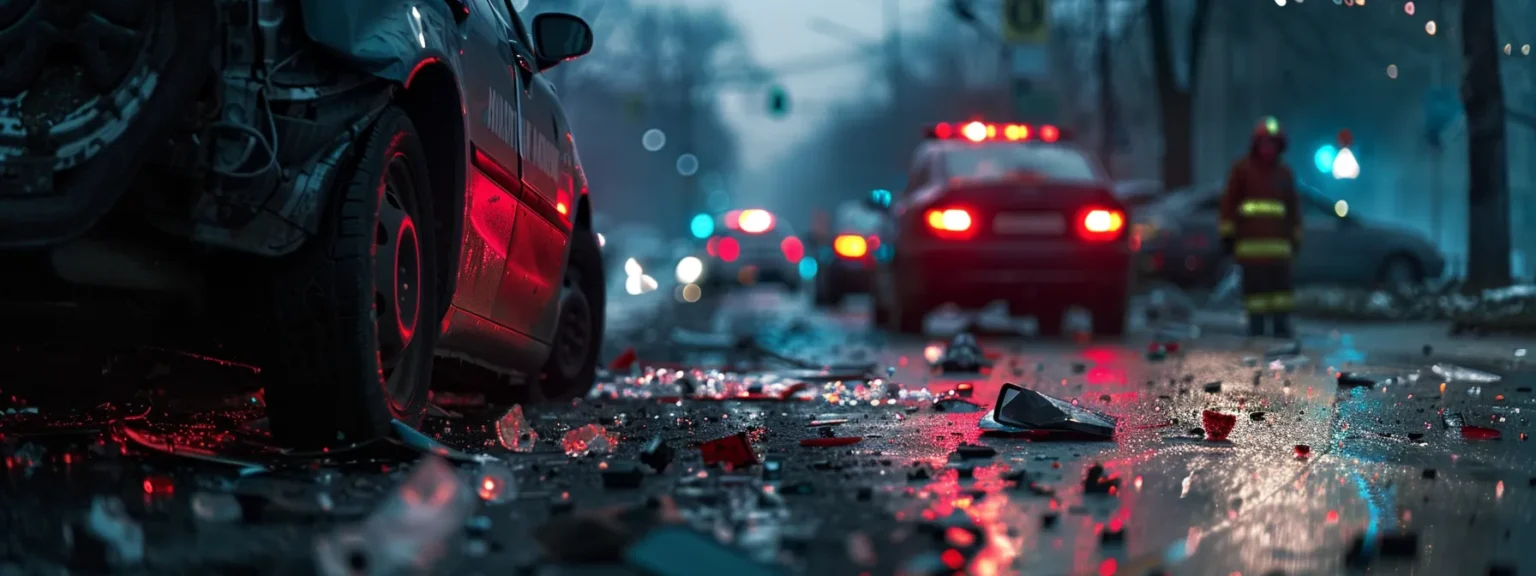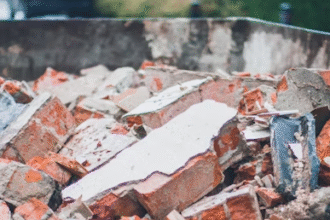Steps to Take After a Car Accident
When confronting the chaos and confusion that typically surrounds a car accident, knowing the correct steps to take is crucial for your safety, your legal protection, and your insurance claim. From the immediate aftermath to the following days, being prepared can help mitigate stress and provide clarity during a tumultuous time. Keep reading to uncover actionable advice that can aid anyone involved in a car accident.
Documenting the Scene: What to Capture for Insurance Claims

Once safety concerns are addressed, it’s important to document the accident scene. Begin by taking photographs and videos from various angles that clearly show the damage to all vehicles involved, any injuries sustained, and the overall layout of the accident scene.
Recording the weather conditions, traffic signals, and any road signs can also be important. These factors can help insurance adjusters or a car accident attorney Memphis determine fault and liability in the accident. Remember to also capture any skid marks, debris, and property damage.
It’s vital to start this documentation as soon as it’s safe to do so after the accident. The accuracy of these details diminishes over time, and conditions at the scene can change rapidly, altering the evidential landscape.
The Importance of Exchanging Information With Other Parties Involved
Exchanging information with the other drivers involved is a necessary step following any car accident. You’ll need to collect names, addresses, phone numbers, insurance companies, policy numbers, driver’s license numbers, and license plate numbers.
If there are witnesses, it’s helpful to get their contact information as well. They could provide objective accounts of the incident, which could be crucial in the event of a dispute or a lawsuit. However, it’s essential not to pressure witnesses; simply ask if they would be willing to share their observation.
Talking to all involved parties also means interacting with law enforcement officers. Provide clear, factual information to them, ensuring that your side of the story is officially on record. Their objectivity is often key in such circumstances.
Reporting the Accident: When and How to Notify Authorities
If there are injuries, fatalities, or significant property damage, you are typically required by law to report the accident to the police. Dialing 911 will dispatch officers to the scene, as well as medical assistance if needed.
In some localities, you may also be required to report even minor accidents to the police. Check the specific laws for the location where you are. Filing a report can legally protect you and assist with the insurance claims process.
When you contact your insurer, be ready to provide all the gathered details and documentation from the scene. Your insurer may guide you through their particular process, which can vary from one company to another.
Seeking Medical Attention and Legal Advice Post-Accident

Even if you feel unharmed, it’s wise to seek a medical evaluation after an accident. Some injuries, such as whiplash or concussions, may not be immediately apparent. A physician can identify and document these issues before they become more severe.
Understanding your legal rights after a car accident is just as important as medical care. Consulting a legal professional can help you navigate the complexities of insurance laws and possibly pursue a lawsuit if you’re entitled to damages.
Remember, hiring a lawyer does not always mean you are initiating a lawsuit. Often, attorneys are instrumental in handling the intricate details of insurance negotiations and ensuring your rights are fully protected throughout the entire process.
Overall, knowing the proper steps to take after a car accident can significantly affect the outcomes of safety, insurance claims, and legal matters. Armed with this knowledge, you can approach a precarious situation with composure and confidence, ensuring you’re protected on all fronts.












